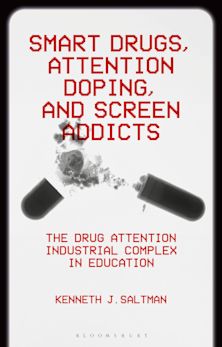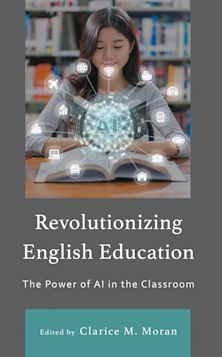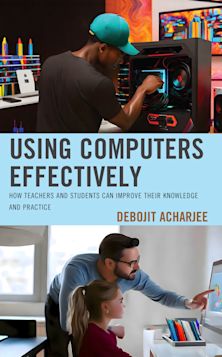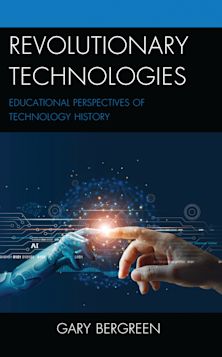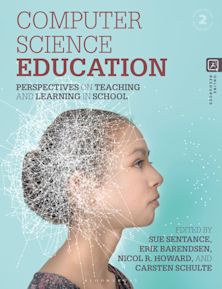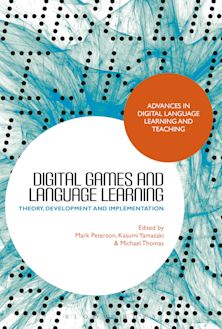Beyond the Classroom Walls
Imagining the Future of Education, from Community Schools to Communiversities
Beyond the Classroom Walls
Imagining the Future of Education, from Community Schools to Communiversities
This product is usually dispatched within 1 week
- Delivery and returns info
-
Free US delivery on orders $35 or over
Description
The book asks readers to adopt a critical and comprehensive view of education (pre-K to lifelong learning) as existing both within classroom walls, and in the surrounding world, including communities and workplaces. It presents an integrated view of online learning, community schools, communiversities, and learning through work. Our educational systems are organized in ways that make this integration difficult. We have elaborate systems of formal instruction––academies, schools, universities, and training institutes––all to facilitate learning within the walls. At the same time we have ample opportunities for learning in the wild. Unfortunately these systems diverge to the point that they do little to support learning that allows us to draw from both of the realms of knowledge. But it is possible to bring together learning within the walls with that beyond the walls. Moreover it is crucial to make these connections in the world of today. In order to bring together the classroom and daily life we need an educational system that does that as well.The book provides a coherent account of how schooling can and should relate to learning beyond the classroom walls.
Table of Contents
Foreword, Andy Kaplan
Preface
Acknowledgements
Bibliographic Note
Introduction
Part I. Communication and Education
Chapter 1. Models of Communication
Chapter 2. Schooling and Society
Profile: Claudia ?erbanu?a
Chapter 3: Beyond the Walls of Formal Education
Part II. Education in Crisis
Chapter 4. Crises in Education
Chapter 5. A Dreadful Crisis
Part III. Learning in the Wild
Profile: Caroline Haythornthwaite
Chapter 6. Learning Online
Profile: Ching-Chiu Lin
Chapter 7. Community Engagement Through Work
Part IV. The Third Mission
Profile: Ebru Aktan
Chapter 8. Community Schools
Profile: Dave Leake
Chapter 9. Precursors of the Communiversity
Part V. Communiversity
Profile: Udgum Khadka
Chapter10. Ruptures of Community Engagement
Profile: Ann Peterson-Kemp
Chapter 11. Community as Curriculum
Conclusion: “Walk Beside” Versus “Talk To”
Glossary
About the Author
Index
Product details
| Published | Sep 15 2022 |
|---|---|
| Format | Hardback |
| Edition | 1st |
| Extent | 224 |
| ISBN | 9781475867114 |
| Imprint | Rowman & Littlefield Publishers |
| Dimensions | 9 x 6 inches |
| Publisher | Bloomsbury Publishing |
Reviews

ONLINE RESOURCES
Bloomsbury Collections
This book is available on Bloomsbury Collections where your library has access.











